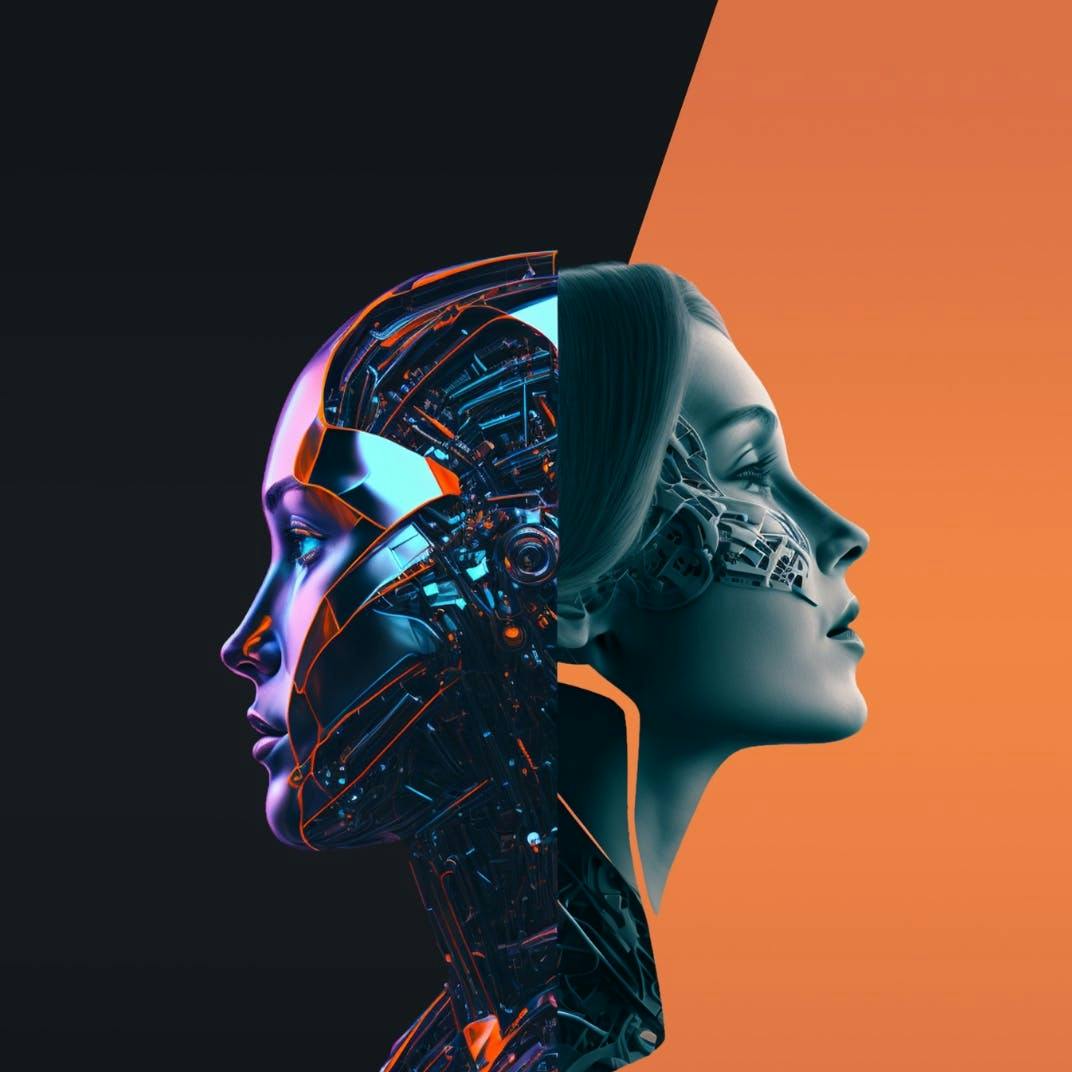Over the past month, we’ve been championing the Tech Talent Charter’s #DoingItAnyway campaign. As we pledged our support for this movement, we felt compelled to share the stories of our own women and their journey in this still largely male-dominated industry.
The best way to share someone’s story is to hand them the mic. So, we’ve done a Q + A to learn more about our female talent and their experiences within tech.
What attracted you to this sector & have you always wanted to go into tech?
Iggy: I’ve always been in tech. I’ve dabbled in programming and I’m actually really passionate about Free & Open software. However, when I was younger these things were perceived as being a bit ‘weird’. Because of that and because I didn’t have any female role models in tech, it took a while for me to even realise that a career in this sector is something that is open to me. Eventually, I gained the confidence to accept that this is where all my interests align perfectly, so here I am!
Nicky: I have always been passionate about understanding consumer behaviour and how we can develop products and services that make people's lives easier. This was originally fostered in my undergraduate degree in sociology and my masters in marketing. My first job in the industry was working at a specialist technology agency. We worked with clients like Oracle, Lucent, Avaya and on Invisix the first joint venture between Motorola and Cisco back in 1999 which was designed to drive development of wireless internet, IOT and build the future of mobile communications. It was fascinating to be involved at such an early stage with technology that heralded a New World Framework for the mobile internet.
Ellie G: I’ve had a long-standing fascination for tech, but tended to avoid it as it wasn’t something I saw myself ‘good’ at, and I never knew where to go to learn more. Joining Six and getting the opportunity to work on projects that revolved around tech has been a really eye-opening experience for me – maybe these are skills I can acquire! I’ve started taking an online class in video game development and I’m considering one in coding so I can get a better understanding of how everything works.
“IT was never a ‘cool’ subject to do. It was never encouraged.” – Lily May-Suteau, Website and Content Executive
Have you experienced any difficulties or discrimination along the way?
Lily: I certainly felt that at school, technology was a difficult subject to pursue. My teachers were uninspiring and even at university whilst studying my tech modules in fashion, I felt that no one around me had faith or encouraged my development in technology.
Iggy: Yes, I have found at times that even when I’m the most knowledgeable person in the room about a particular tech-related thing we are working on, I have been overlooked and not heard as someone more senior or male has been heard. We need to break down the gender stereotypes and barriers when it comes to assumptions about technology.
Lily: I think ultimately, the more mainstream something is, the easier it is to overcome obstacles. Whether tech becoming more mainstream for women is the government putting out an ad (albeit a really distasteful one), or a more rigorous attempt of changing curriculum at schools, it needs to be implemented more widely.
“Society as a whole is becoming more aware of unconscious biases” – Iggy Lax, Product Manager
Do you think the stigmas and attitudes towards women in tech are changing?
Lily: Yes. This is something I touched upon in my recent AI&I blog. The technology we create naturally reflects the creators’ bias. We are visibly trying to close the gap and there is so much happening at present in society to facilitate that movement, but we do also need to remember to be authentic when it comes to inclusion and not just jumping on the bandwagon to look good.
Iggy: Definitely. Partially because more and more women can now be found working in tech, but also because I think society as a whole is becoming more aware of unconscious biases.
Lily: It helps that technology is more widespread in everyday life. Tech is no longer just a tangible object; it is omnipresent and something we need to get used to with the advent of 5G. There are also lots of groups and support now for women wanting to work in tech.
Ellie G: I’ll definitely be interested to look back at this blog post in ten years time, because I think there’s been a big push with younger girls to get them interested in tech. At the moment I think we’re seeing a bit of a lag between those girls learning and ageing up into the world of work, so the gender ratios are not as balanced as they could be yet.
Because I never had any female role models in tech, it took a while for me to even realise that a career in this sector is something that is open to me.
Lily May-Suteau
Website and Content Executive,
Six
How do you think we can attract more women and more diversity into this industry?
Iggy: Catch us while we are young! Encourage girls to take STEM subjects and never stigmatise difference. Women in tech need more visibility as they are the role models for future generations. We need to have the confidence to think ‘hey, I want to be like her one day’.
Nicky: It starts in the education setting. To give women the confidence to voice their opinions in these subject areas and have their voices heard requires them to be exposed to great role models from within the industry who can show them how exciting and game-changing technology can be. Resources like Women in Tech and We Are Tech Women are a great place to find out more about the types of roles and jobs available but you need to have the impetus to search for them in the first place. The Computer Weekly Women in UK Tech list which was launched in 2012 is great but there just isn’t enough coverage in the main stream media.
“It starts in the education setting”. – Nicky Lloyd, Senior Strategist
Our general feeling at Six is that the stigmas and attitudes towards women in tech needs to be changed – and the earlier in life they can change, the better. Girls need to grow up with techy female role models – in real life and in film.
But it shouldn’t all rest on the shoulders of those female role models. Responsibility also lies with the government and businesses. If companies want to attract more women working in technology and work towards gender equality and better diversity, they need to recognise the role of their own policies and culture in causing these divisions.
Sometimes, making a change can be as simple as asking the people who work for you how you could improve. You might be surprised by the answers you get.
Cookies
By clicking "Allow Cookies", you agree to the storing of cookies on your device to enhance site navigation, analyse site usage, and assist in our marketing efforts. By using this site you are agreeing to ourCookie Policy.



